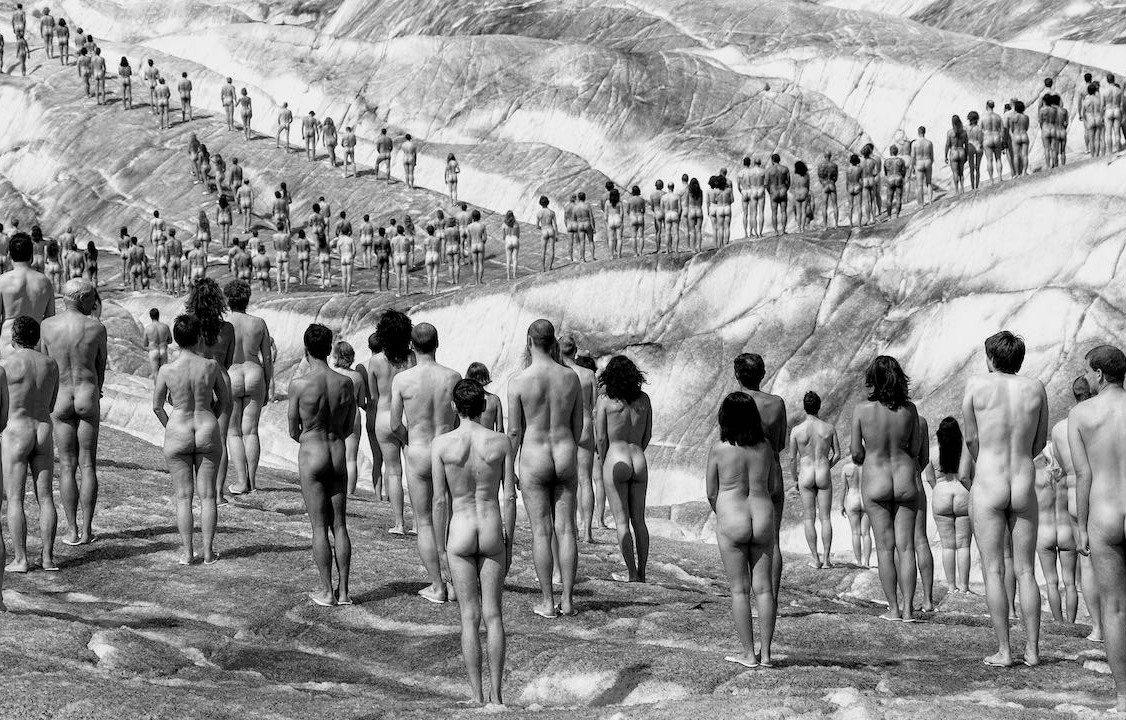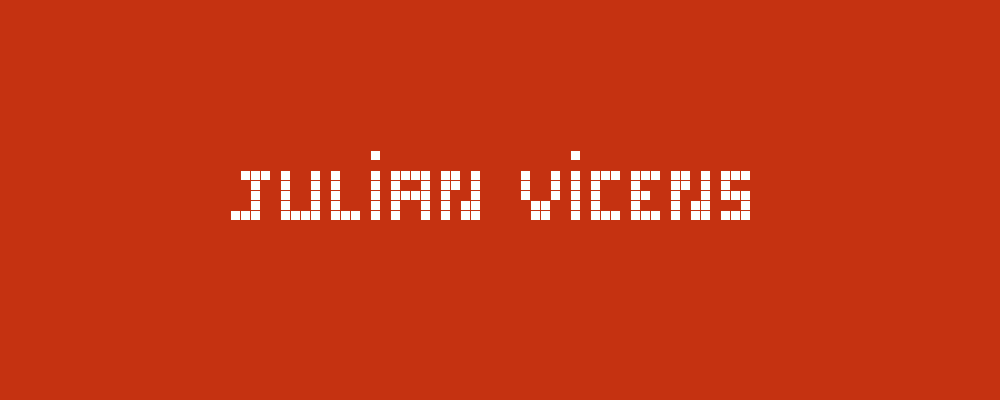Research Paper
Cooperation and vulnerabilities in the negotiations against climate change
Social experiment that studies the cooperation around the negotiations against climate change. It was carried out using citizen science methodologies with the participation of 324 individuals in Barcelona. The outlines of the experiments published in PlosOne revealed that inequalities around climate change negotiations are tougher on individuals, societies and organizations with few resources, who are, at the same time, the ones that show higher cooperation levels in relative terms.

Image: Aletsch, Alps. By Spencer Tunick.
While the United Nations Framework Convention on Climate Change was carried out in Paris, where the so called “Paris Agreement” was adopted with the objective to reduce greenhouse gas emissions, we performed a social experiment in Barcelona to study cooperation in the negotiations against climate change.
Climate Change affects whole ecosystem globally, but it also has local impact on specific regions. Apart from the the most obvious consequences at an ecological level provoked by, for instance, the acidification of oceans [1] or the increase of wildfires [2], climate change also affects the economy [3], from the inefficiency of energy generation to infrastructure damage; public health [4], a consequence of the deterioration of air quality or the spreading of infectious diseases. Climate change even provokes migration crisis [5] due to environmental factors combined with other political or economic factors.
The social consequences of climate change affect our society transversally, but are especially hard on the most vulnerable communities. In an scenario of extreme meteorological phenomena, those with fewer resources are the most affected. In the same situation are countries with poor industrialisation processes, which have generated less polluting gases but cannot deal with the impact of climate change due to their situation of general fragility provoked by factors such as the inadequacy of health facilities, housing or transport infrastructures. This unequal scenario emerges in situations in which those affected are not the most responsible for the impact in climate, but in conditions of risk they are the ones that receive the worst consequences.
With the goal to reduce the anthropogenic impact on the environment, and particularly on global warming and therefore its climate consequences, it is mandatory to launch a collective action, applying decision-making and collective agreements to a global scale by public administrations and organizations, and, at the same time, it is essential that associations, communities and individuals cooperate on local scale with the objective of implementing a transformation that implies a change of attitudes and habits necessary to reduce the impact of human beings on the ecosystem.
In order to understand how humans cooperate and collaborate to prevent the consequences of climate change, and particularly how the vulnerabilities affects this end, we carried out a social experiment that confront individuals with the dilemma of contributing for a common good with consequences at a collective and individual level.
The experiment
We moved the lab to the field, in a situation of real interaction between individuals - the game festival DAU 2015, celebrated in Barcelona - creating a scenario in which a group formed by six individuals contribute to a common fund in order to carry out environmental actions to reduce the impact of climate change. Each individual disposes of varied endowments, from 20 to 60 MU’s, provoking situations of economic inequality between them. Periodically, during ten rounds, each individual contributes 0/2/4 MU’s to the common fund with the objective of recollecting 120 MU’s and carrying out an action against climate change - plant trees -, in addition to the personal goal of keeping their savings. In the case that the group does not achieve the collective goal, the environmental action is not carried out and each individual loses his/her own private resources. This creates a situation of tension between the necessary contribution to the common fund and the calibration that every individual makes based on the contributions of other participants in the group. The experiment, in which 324 individuals participated during 54 sessions, was based on the design proposed by Manfred Milinski and performed with citizen science methodologies in open spaces, where individuals interact in a natural environment.
Cooperation promotes socially desirable scenarios
Participants interact in a environment of economic inequalities where the sum of individual capitals in each session is the same. Independently of the capital assigned to each individual during the experiment, the group achieved the collective goal in each session. In general, the high levels of cooperation and the prosocial behavior shown by participants helped to promote actions against climate change. This results contrast with other experiments in which the cooperation levels were not this high, and therefore, it was not possible to achieve the collective objective; consequently, no actions for the common good were performed.
The reasons why all groups of participants achieved the objective in all sessions can be very diverse. The most obvious reason could be an increase in public awareness about climate change in the dates in which the experiment took place, or another option could be the fact that the experiment was carried out in a non-brick-and-mortar lab and the participants represent a very varied population and, in general, with no acknowledgement about game theory or behavioural science.
The most vulnerable individuals has a highly prosocial behaviour
In a context of inequality and high level of cooperation, we can find significant differences between the behaviours at an individual scale in each session. Those participants representing the wealthiest in the experimental setting contribute more at absolute level than the individuals with fewer resources. Nevertheless, if we focus on the proportional capital contributed by each individual, we can clearly observe that those individuals with a situation of vulnerability are the ones that make more efforts to contribute for the common good, contributing a significant proportion of what they have, consequently creating a non-egalitarian relationship and increasing the inequalities between the wealthy and the deprived. So much so that after the participation in the experiment the imbalance between “rich” and “poor” deepens.
This scientific work is a collaboration with Nereida Bueno-Guerra, Mario Gutiérrez-Roig, Carlos Gracia-Lázaro, Jesús Gomez-Gardeñes, Josep Perelló, Yamir Moreno, Anxo Sanchez and Jordi Duch, and has been published in PlosOne.
References
-
[1] Orr, J. et al. (2005).
«Anthropogenic ocean acidification over the twenty-first century and its impact on calcifying organisms».
Nature, 437(7059), 681.
-
[2] Abatzoglou, J. T., & Williams, A. P. (2016).
«Impact of anthropogenic climate change on wildfire across western US forests».
Proceedings of the National Academy of Sciences, 113(42), 11770-11775.
-
[3] Stern, N. et al. (2006).
««Stern Review: The economics of climate change»»
(Vol. 30, p. 2006). London: HM treasury.
-
[4] Haines, A., Kovats, R. S., Campbell-Lendrum, D., & Corvalán, C. (2006).
«Climate change and human health: impacts, vulnerability and public health»
Public health, 120(7), 585-596.
-
[5] Somini Sengupta.
«Climate Change Is Driving People From Home. So Why Don’t They Count as Refugees?»
Dec. 21, 2017.
The New York Times.

